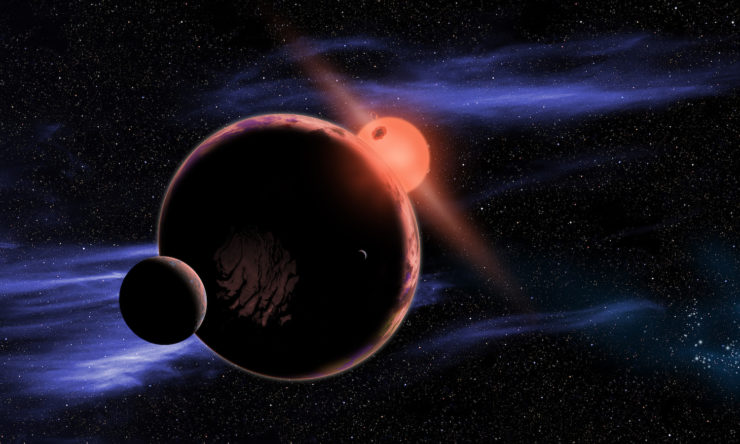China’s Yutu-2 rover has reportedly spotted a cube-shaped “mystery hut” on the far side of the moon. No doubt the object is a hut in the same sense that Mars’ canals were canals—not at all—because like ʻOumuamua, it is almost certainly not an alien artifact. Even if it is an alien artifact, there’s no reason to think it is new. Estimates as to how long the Apollo relics on the Moon will survive thermal cycling and micrometeor bombardment range as high as one hundred million years. And for all we know, aliens build better than we do.
Still, coincidences do happen! It is fun to speculate about what might bring aliens here just now, or what Earth could possibly offer that aliens could not get more easily closer to home?
A Perceived Threat…
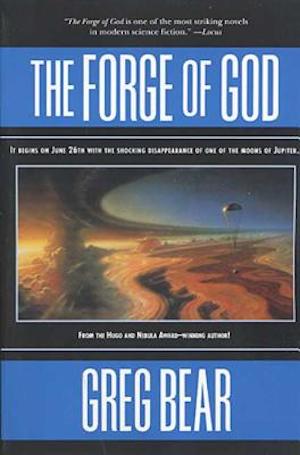
Regrettably, it seems our radio and television signals become inaudible noise fairly close to the solar system. What should be clearly detectable across a surprising fraction of the Milky Way, however, are exoatmospheric nuclear detonations like the ones produced by the 1960s US and Soviet Union weapons tests. Good news! Our neighbors within 70 light years are (probably) not judging us by The Gong Show, The Trouble with Tracy, or Big Brother! They’re judging us by the fact we are demonstrably using nuclear weapons.
A question that may well occur to our hypothetical aliens: “If humans are willing to use nuclear weapons on each other, what will they do to beings who are not related to them at all?” The worst-case scenario is that the aliens will conclude it’s safest not to find out. That possibility is explored in works like Greg Bear’s The Forge of God, in which what initially appears to be benign first contact very rapidly is revealed as an effort to expunge humans and all our works from the universe before we become a menace to other species.
Acquisition of Biological Materials
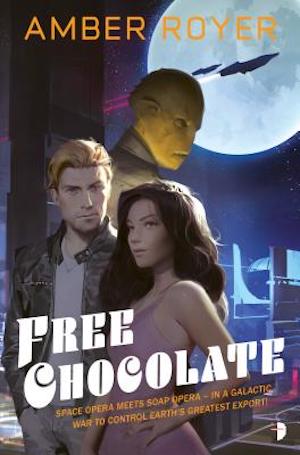
Every species on Earth is the product of billions of years of variation and natural selection. Even if every life-bearing world has the same fundamental biochemistry, it’s vanishingly unlikely any two worlds have the same life forms living on them. Not only does it appear plausible that the Earth’s lifeforms are unique to Earth, it’s almost certainly the case.
Amber Royer’s Free Chocolate serves as an SF example: Earth’s technology and culture may be nothing special to the other worlds of the Milky Way—it is, however, the only planet with chocolate. Even more conveniently, chocolate was overlooked by the conniving Krom as they covertly captured the galactic markets for Terrestrial coffee, sugar, tea, and vanilla. The First Contact War gave the HGB corporation a monopoly on chocolate production. A new global conflict looms, thanks to the struggle to control the chocolate market. Idealistic Bo Benitez believes she knows how to prevent war…if she can somehow break the monopoly.
Cultural Exchange
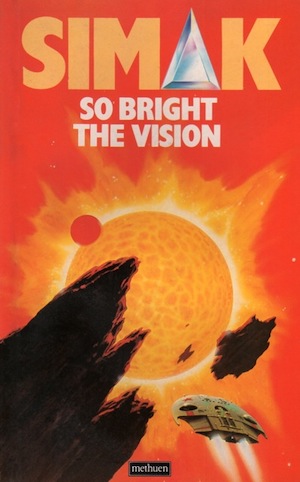
Humans have their annoying quirks but they are very, very good at producing human art and culture. Indeed, humans seem to produce art and culture like a plant produces O2. If aliens want their Rembrandt paintings, Lagaan DVDs, and BABYMETAL albums, aliens will have to come to Earth to acquire them.
In Clifford Simak’s So Bright the Vision, humans have an ability unmatched elsewhere in the galaxy: consummate liars all, we provide the Milky Way with the pulp fiction its aliens crave. Extreme demand has induced mechanization. This is a problem for Kemp Hart, who cannot afford a cutting-edge writing machine. Economic desperation forces him to embrace an unthinkable option.
Convenient Living Space
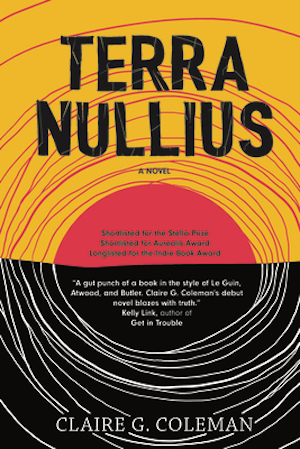
As will come as no surprise to anyone living in a Settler nation, Earth may be valuable because it’s a life-bearing world with abundant water and free oxygen, where beings like us could live. We have no idea how rare those are. It’s true we’re living on the planet at the moment, but any civilization that can reach us commands technology we cannot match. Given how many people are where they are because they aggressively seized land from previous occupants, it doesn’t seem as if humans displaced by aliens would have any grounds for complaint. Humans being humans, no doubt they will protest bitterly for however long it takes the heat rays to be deployed.
Claire Coleman’s Terra Nullius begins with an all-too familiar scene: in the land Europeans call Australia, a native boy escapes the slavery (by another name) Settlers deemed the only suitable niche for Natives. Before the novel is half over, however, it becomes clear that while the situation is familiar, the players are novel. The Natives are all the humans of Earth. The Settlers are highly advanced aliens who cannot believe Natives are people—not least because it would economically inconvenient if they did—rather than animals to be exploited if useful, and exterminated if not.
Location, Location, Location! (Also known as “The Stars Are Right”)
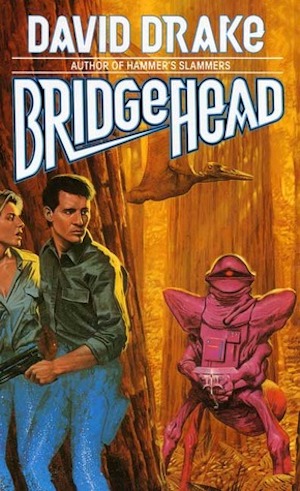
Very few people in Ontario particularly want to go to Milton, but if you are heading west along the 401 towards Toronto, it’s impossible to avoid it. Earth may be valuable real estate because it is conveniently located (in interstellar terms) or in some other way more convenient.
Self-proclaimed time travelers contact the protagonists of David Drake’s Bridgehead and suggest that it would be convenient if Professor Gustafson and his team were to construct one node of an interstellar transportation network. All would be for the best in the best of all existing worlds! It turns out that the time travelers are aliens who have hornswoggled humans into building the means of their own extinction. The upgraded transportation network is useful; the humans are not.
***
No doubt each of you can think of a dozen reasons aliens might want to bother with Earth and are dying to tell me. Comments are below.
In the words of Wikipedia editor TexasAndroid, prolific book reviewer and perennial Darwin Award nominee James Davis Nicoll is of “questionable notability.” His work has appeared in Publishers Weekly and Romantic Times as well as on his own websites, James Nicoll Reviews and the Aurora finalist Young People Read Old SFF (where he is assisted by editor Karen Lofstrom and web person Adrienne L. Travis). He is a four-time finalist for the Best Fan Writer Hugo Award and is surprisingly flammable.










